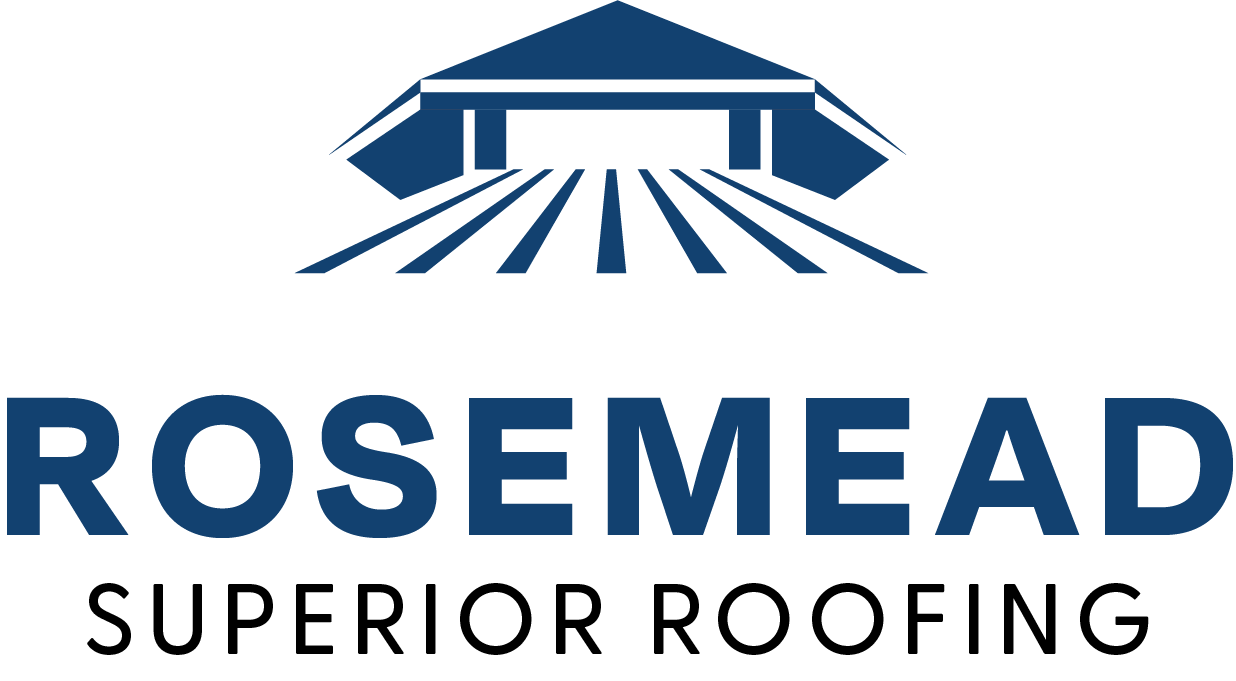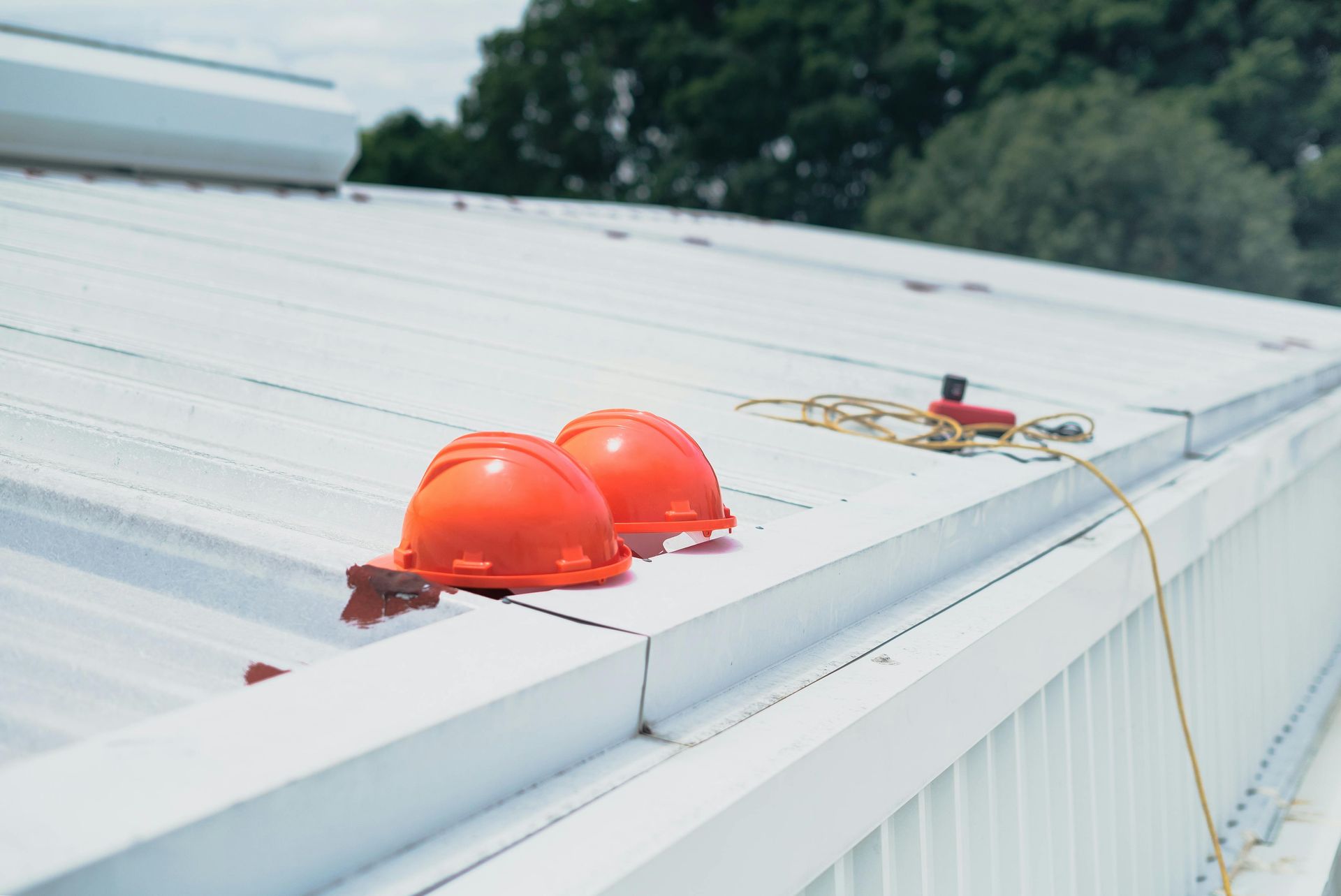Roof Soundproofing in Rosemead, CA
Rosemead Superior Roofing specializes in roof soundproofing installations that dramatically reduce exterior noise using acoustic insulation, mass-loaded vinyl, and advanced sound barrier materials engineered for maximum decibel reduction. Based in Rosemead, our company provides noise control solutions for commercial buildings near airports, highways, and industrial zones, as well as residential homes seeking peaceful indoor environments. Our certified installers transform noisy spaces into quiet sanctuaries through proven acoustic engineering.
From multi-story office complexes to single-family residences, we install comprehensive soundproofing systems including acoustic underlayment, spray foam insulation, and specialized decking treatments that block airborne and impact noise. Our company serves the greater Rosemead area with customized solutions tailored to each structure's acoustic challenges and budget requirements. With expertise in both new construction and retrofit applications, our soundproofing specialists conduct thorough noise assessments and recommend layered approaches combining insulation upgrades, air sealing, and vibration dampening for optimal sound transmission control.
Roof Soundproofing Services We Provide
We deliver comprehensive acoustic solutions that address every type of noise challenge affecting your property's comfort and functionality today. Our team evaluates your specific situation and recommends the most effective combination of materials and installation methods for optimal results.
Acoustic Roof Insulation Installation
Our acoustic roof insulation service uses specialized materials designed specifically to absorb and block sound waves from penetrating your interior spaces. We install dense fiberglass batts, mineral wool, or spray foam products that provide superior noise reduction compared to standard insulation materials.
These materials work by adding mass to your roof assembly, which prevents sound energy from traveling through the structure into occupied areas. We carefully seal all gaps and ensure proper coverage to eliminate weak points where noise could bypass the insulation layer.
Sound Barrier Underlayment Systems
We install professional-grade sound barrier underlayment between your roof deck and final roofing material to create an effective noise control layer. This specialized membrane contains heavy, flexible materials that reflect and absorb sound vibrations before they reach your living or working spaces.
Our installation process ensures complete coverage without gaps or overlaps that could compromise performance, and we integrate the system seamlessly with existing waterproofing. The underlayment works particularly well for reducing impact noises from rain, hail, and environmental debris that strike your roof surface.
Multi-Layer Soundproofing Systems
Our multi-layer approach combines several noise control technologies to achieve maximum sound reduction for properties facing severe noise pollution challenges. We integrate acoustic insulation, sound barrier membranes, resilient channels, and specialized roof decking materials into one comprehensive system that blocks airborne sounds.
This method proves especially effective near airports, highways, industrial areas, or entertainment districts where noise levels exceed normal residential or commercial standards. Each layer serves a specific purpose in the sound reduction process, working together to create a quiet interior environment regardless of external conditions.
Retrofit Soundproofing Solutions
We provide retrofit soundproofing services that add acoustic protection to existing roofs without requiring a complete tear-off or major structural modifications to your property. Our team accesses your attic space or roof cavity to install sound-absorbing materials, acoustic batts, and barrier membranes above existing insulation layers.
This approach saves money compared to full replacement while delivering significant noise reduction improvements that enhance comfort and property value for occupants. We complete most retrofit projects quickly with minimal disruption to your daily activities, making this an ideal solution for occupied buildings.
City skyline
Benefits of Professional Roof Soundproofing We Deliver
Enhanced Living and Working Comfort
Soundproofing your roof significantly reduces disruptive noises from traffic, aircraft, construction, and weather, creating a quieter home or workspace. This allows clearer conversations, better entertainment experiences, and lower stress, benefiting bedrooms, offices, studios, and medical facilities.
Increased Property Value
Professionally soundproofed properties attract quality tenants and command higher resale values, especially in urban or noisy areas. Our high-quality installations meet building codes and impress inspectors, making soundproofing both a comfort upgrade and a smart financial investment.
Energy Efficiency Improvements
Acoustic insulation also improves thermal performance, reducing heating and cooling costs year-round by increasing your roof’s R-value. This dual benefit lowers utility bills while enhancing noise control, with many customers seeing 20–30% energy savings after installation.
Materials and Technologies We Use
Our soundproofing installations utilize proven materials specifically engineered for acoustic performance and long-term durability in roofing applications. We select products based on their noise reduction capabilities, compatibility with your roof type, and ability to withstand local climate conditions.
Mass-Loaded Vinyl Barriers
Mass-loaded vinyl is a highly effective sound barrier due to its dense and flexible composition. We install these heavy membranes between roof layers to reflect sound waves and prevent noise from entering interior spaces. The material remains durable in all weather, resists degradation, and adds minimal weight compared to alternatives.
Acoustic Mineral Wool Insulation
Mineral wool insulation provides excellent sound absorption, fire resistance, and thermal performance. Its dense fibers trap sound waves while improving energy efficiency with high R-values. We install it as batts or blown-in material depending on roof configuration and access points.
Resilient Channel Systems
Resilient channels separate the roof structure from interior finishes, interrupting sound transmission paths. These metal channels absorb vibrations and reduce impact noise in living spaces. They are especially useful for properties exposed to significant external noise.
Roof Soundproofing FAQs
How much noise reduction can I expect from roof soundproofing?
Professional roof soundproofing typically reduces noise transmission by 25–40 decibels, greatly improving interior quietness and comfort. Actual results depend on materials, installation quality, and the specific external noise frequencies affecting your property.
Can soundproofing be added to an existing roof without replacement?
Yes, we can retrofit soundproofing materials into existing roof assemblies using attic or roof cavity access without removing the roof. This method is cost-effective, minimally disruptive, and provides significant acoustic improvement for most residential and commercial buildings.
What roof types work best with soundproofing installations?
All roof types—shingle, metal, tile, and flat roofs—can be effectively soundproofed with proper materials and techniques. Pitched roofs with attic access are easiest to retrofit, while flat commercial roofs may require specialized approaches tailored to the structure.
How long does a typical roof soundproofing project take?
Residential installations usually take two to five days, depending on roof size, complexity, and materials. Commercial projects may take longer due to larger areas and coordination needs, and we provide accurate timelines during the initial consultation.
Does roof soundproofing help with both exterior and interior noise?
Roof soundproofing primarily blocks exterior noises like traffic, aircraft, and weather from entering your building. While it significantly reduces these sounds, interior noise between floors requires separate treatments for walls, floors, and ceilings.




